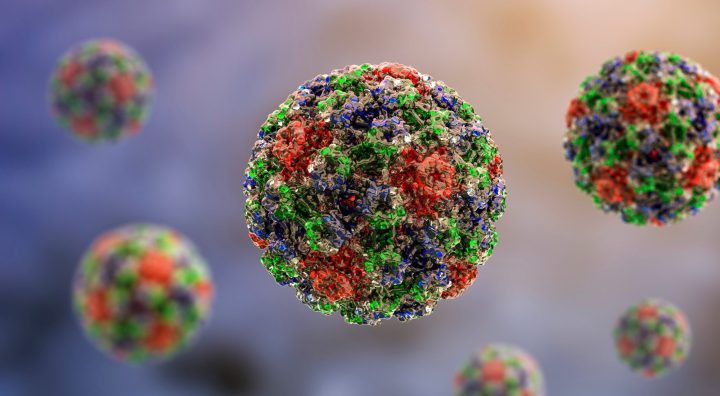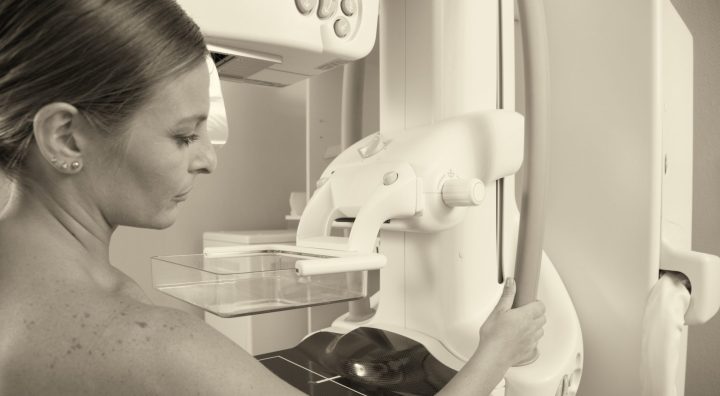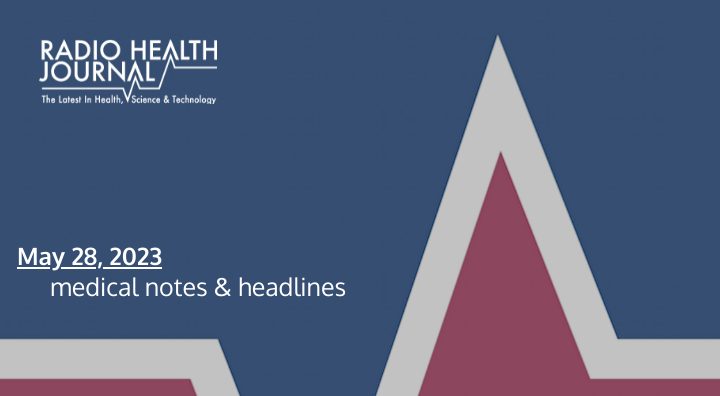The Future Of Medicine Pt.2: A New Era Of Healthcare Focuses On Prevention
Our expert explains how real change will require prioritizing prevention to keep people healthier from the start.


Our expert explains how real change will require prioritizing prevention to keep people healthier from the start.

Runge outlines how AI, better access, and more shareable medical records could revolutionize care – if we also prioritize our own health.

Our experts explain how to catch this silent killer early enough to cure it.

Our experts discuss the different perspectives of suicide and the stigmas that follow them.

Mark Opauszky discusses how his new phone application, Stethophone, can help patients be an active part of their own care team and stay on top of their health.

Dr. Linda Eckert, an expert in cervical cancer prevention, believes the answer involves gender inequalities and sexual stigmas. She discusses these issues and offers life-saving prevention methods for women.

Our experts explain these changes, how to perform at-home exams, and why aggressive breast cancer may no longer be a death sentence.

When should you get a mammogram? Can science regrow missing limbs? Proper chewing may help people with type 2 diabetes. Airplanes may be ruining your sleep.

Peter Taub, a professor of pediatrics, says plagiocephaly ("flat head syndrome") isn’t a syndrome at all and doesn’t cause any neurologic symptoms.

Experts explain what the statistics point to as the underlying cause of mass violence.

Experts discuss this phenomenon and share tips on how to safely make it through the holidays.

Dr. Michael Stein explains the difference between healthcare and public health, arguing that we should pay more attention to preventing conditions before they occur.
Subscribe to get the latest from Radio Health Journal directly in your inbox.

